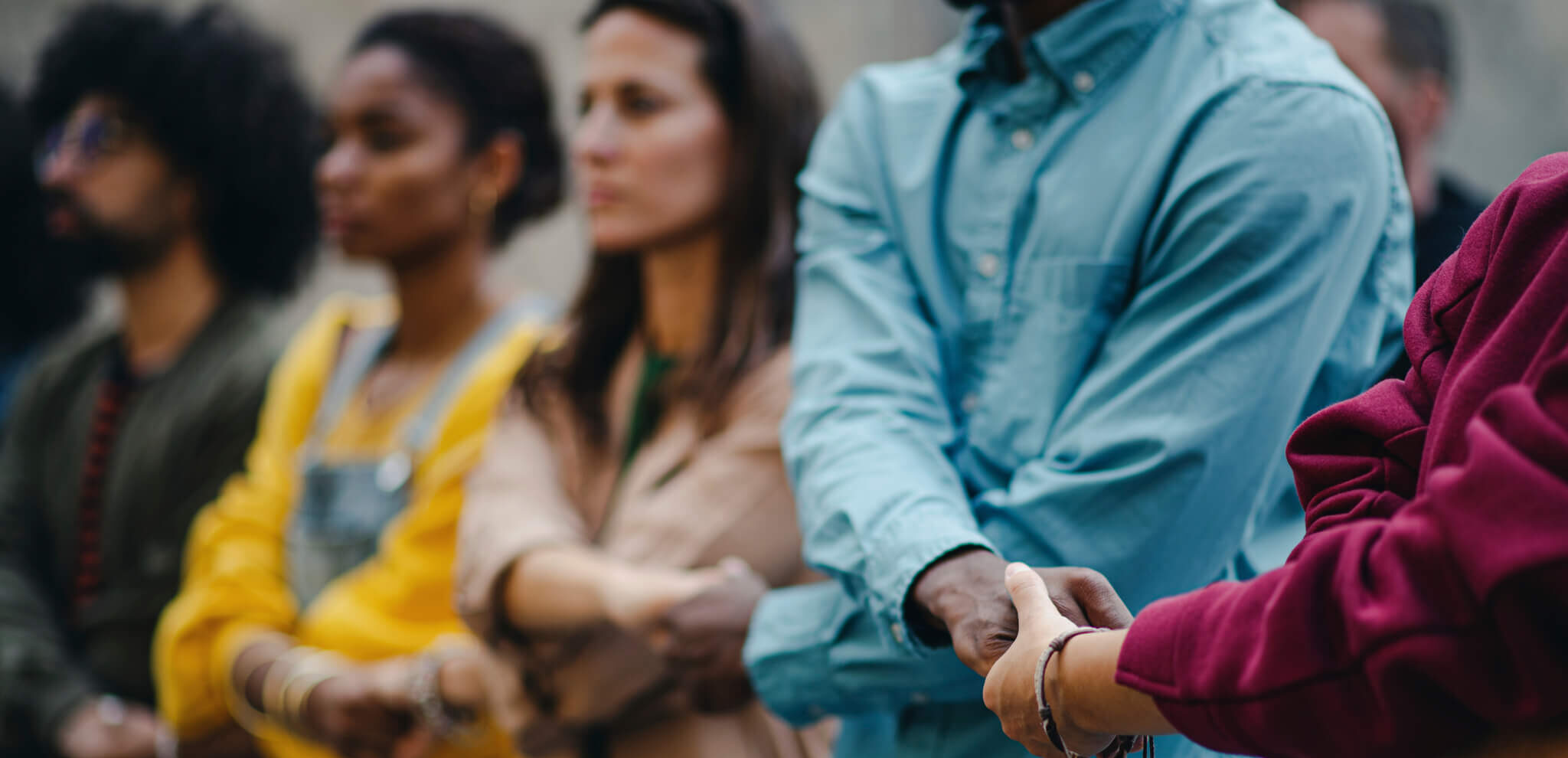


The Stories We Tell, The Futures We Imagine
10/01/2025

By Isaiah Franco
The stories we tell and hear have a powerful way of shaping our world. I first saw this in a Portland coffee shop, where the narratives of the youth I worked with changed my perspective on what community means, and would shape the course of my life to come.
In high school, I volunteered at a local coffee shop that hired unhoused youth from the area, providing job training and housing to prepare them to enter the workforce. Hearing their stories invited me to reconsider my own aspirations and goals. Each of them had their own experiences living on the streets in the rainy Pacific Northwest, and each had a positive, hopeful outlook. They told me how much of a difference the nonprofit coffee shop had made in their lives.
Those conversations taught me two lessons that have stayed with me: Engaging in a community can transform lives, and relationships are the foundation of community. For those I met in Portland, having supportive people around them made just as much of an impact as the services they received. For myself, hearing those stories and gaining new friendships made a strong impact on my life in high school and helped shape me into who I am.
Relationships are what make stories possible. Sharing builds trust. We must work to build relationships with the people around us if we want to see change. That’s why I see storytelling as essential, because it turns individual experiences into relatable narratives, inspiring collective action and hopefully encouraging others to go out and build new relationships as well. Two years into college, this philosophy continues to shape my personal and academic goals.
I’m now a student at Hamilton College in New York, where I’ve had the chance to design my own major, which I’ve called The Role of Narratives in Community-based Social Change. Not the punchiest name, but I’ve learned to accept it. It combines government, philosophy, and literature to ask one big question: How do the stories we tell shape the way communities understand themselves and pursue change?
The answers matter. The way we tell stories in our local communities can have profound impacts on how we collectively respond to our biggest problems. Telling stories that only talk about the housing “crisis” emphasizes urgency, but also tells signals to audiences that it is unfixable. Crises are overwhelming and make people tune out. The young people I worked alongside in Portland told a story of possibility – of what can happen when people are given the support they need to rebuild their lives. In Utica, NY, I’ve seen how warming centers and soup kitchens can be framed either as a burden on the city or as a way to keep neighbors safe in winter. The stories and words we use shape what a community thinks and whether people are seen as neighbors or as problems. If communities don’t believe in a solution, it rarely moves forward. That’s why investing in narratives isn’t optional. Everyone participates in storytelling, whether through conversation, media, or advocacy. Investing in narratives means investing in people.
This semester, I am studying in Washington, D.C., and volunteering with the Housing Narrative Lab to tell stories about the impact of housing on people. The Lab’s mission to shift narratives about unstable housing and homelessness, and build public support for solutions that ensure everyone has a place to call home, aligns directly with my own goals and passions. As part of my time in D.C., I’ll be meeting people in the community, hearing their stories and sharing them through photos and writing. The goal is to elevate voices that often go unheard and to show how lived experiences connect to broader conversations surrounding housing and equity. It’s important for people to see how policies shape everyday life and what it means to be directly affected by them. I’m excited to learn how powerful storytelling can not only influence policy but also help communities imagine more just and compassionate futures. Shifting narratives is the groundwork for change, as lasting solutions begin with the stories we tell.
Isaiah Franco is a student at Hamilton College and storytelling volunteer with the Lab.
1828 L St. NW
Suite 300
Washington, DC 20036
© Copyright 2026 Privacy Policy